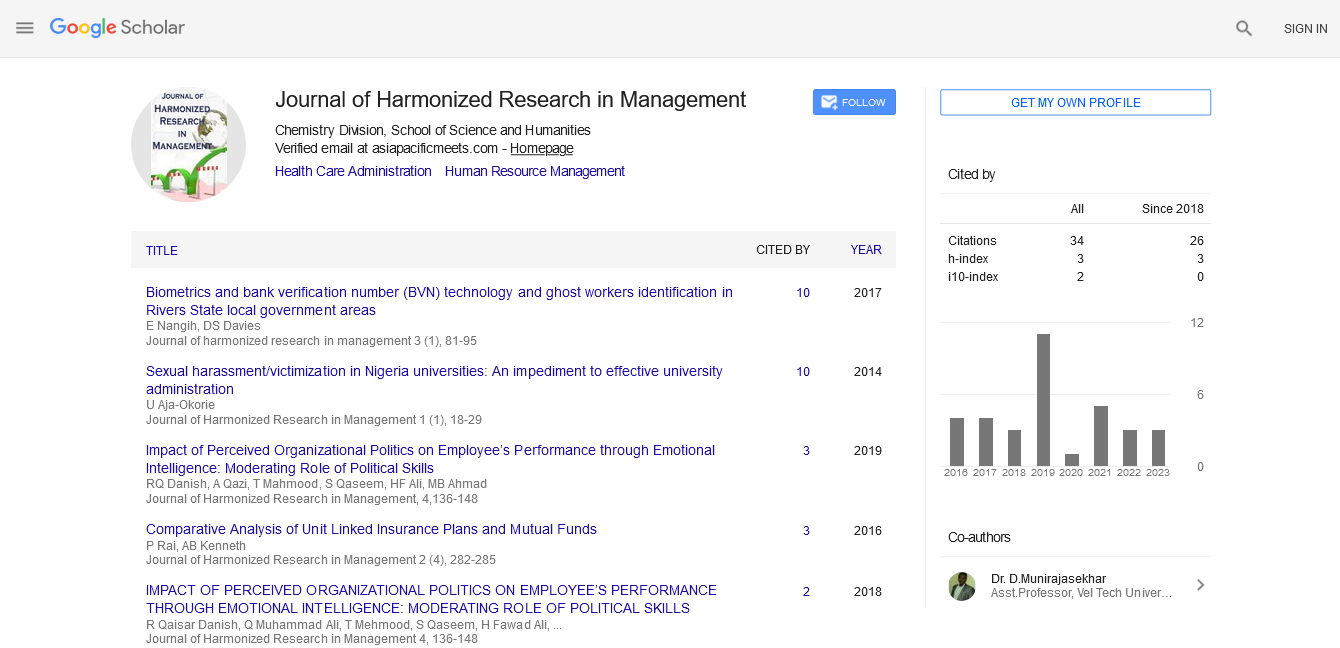HOW IS HUMAN CAPITAL REDUCED TO PUBLIC GOODS IN ACQUAINTANCE SOCIETY? A CASE STUDY FROM THE LIFE COURSE PERSPECTIVE
Abstract
Author(s): Zengke An, Qianru Zhang* and Yi Liu
The present study uses a life course perspective to provide case study research on “capable people”, who have an extraordinary skill in a certain field, and must have enjoyed or are enjoying the benefits of their skills, by analyzing human capital property rights in an acquaintance society. Based on the life trajectory characteristics and results analysis of “capable people”, a coping strategy model is built in different dimensions between affection and competitiveness, wherein a dynamic conversion of ideal types among the sharing strategy, evading strategy (or abandon), trading strategy, and rejection strategy is incorporated. Some “capable people” relinquish personal skills and other human capital, or even escape an acquaintance society. Few reasons for this exist as most research either focuses on the realization of the national and social human capital value at a macro level, or on the enterprises’ human capital value at a medium level, while ignoring the basic micro level—the common community. The present study expands the existing research through five “capable people” case studies based on individuals’ life trajectory characteristics in an acquaintance society. In addition, the use of individual human capital is subject to informal institutional constraints, in which rational individuals may take relevant measures to respond to constraints. To explore the constraints and response mechanisms, this study constructs four ideal types of individual strategies with the conception of human capital property rights, and develops an analytical framework to interpret the expansion of human capital value and human resource development within varying dimensions.

Google Scholar citation report
Citations : 92
Journal of Harmonized Research in Management received 92 citations as per google scholar report









